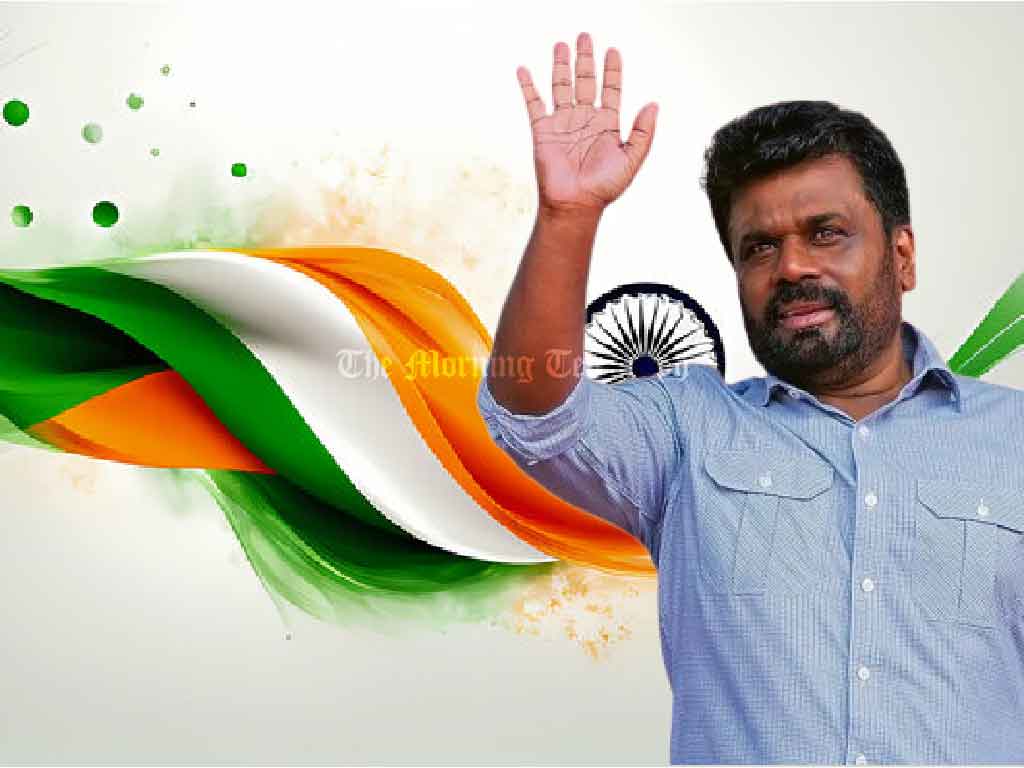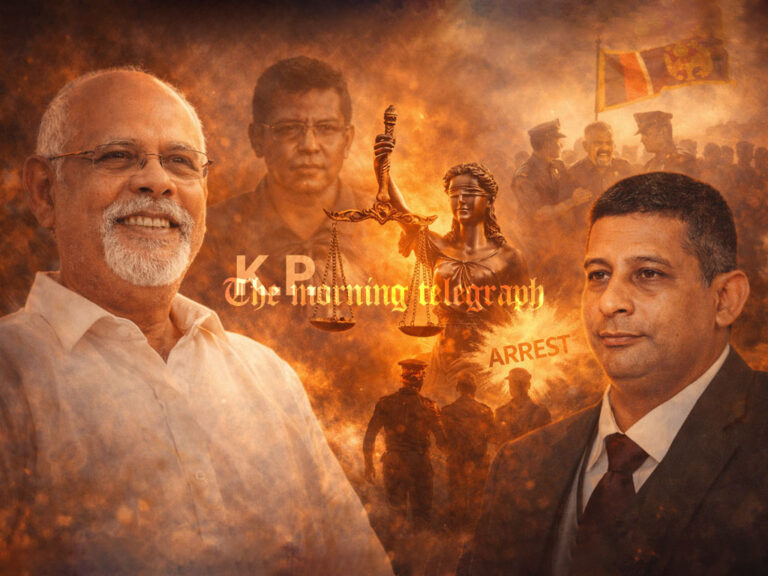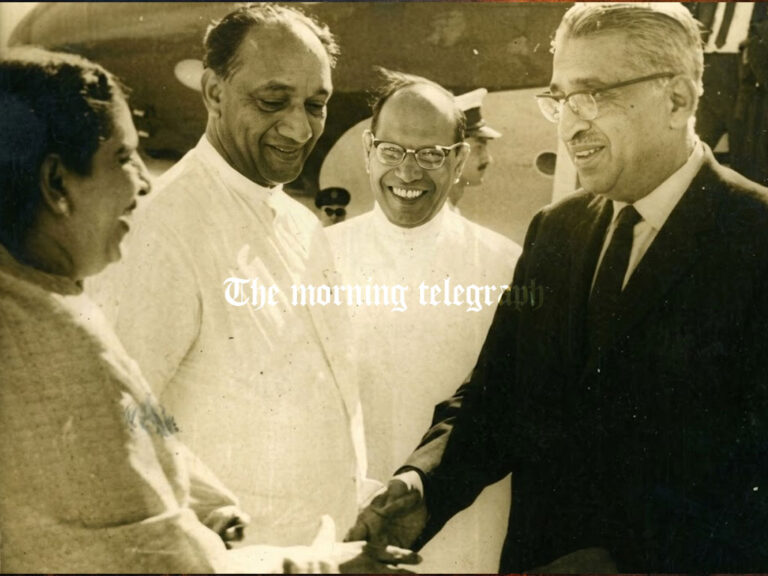
President Anura Kumara Dissanayake is set to embark on a significant visit to India from December 15 to 17, marking his first official foreign trip since his landslide electoral victory in September. This visit underscores the strengthening ties between Sri Lanka and its closest neighbor, India, as both nations aim to address pressing bilateral and regional issues. The Sri Lankan Ministry of Foreign Affairs confirmed that during his visit to New Delhi, President Dissanayake will hold key discussions with Indian President Draupadi Murmu, Prime Minister Narendra Modi, and other prominent Indian leaders. These meetings are expected to cover a range of topics, including economic collaboration, energy cooperation, debt relief, and the ongoing fishing disputes in the Palk Strait.
In addition to the diplomatic engagements, President Dissanayake is scheduled to attend a business forum aimed at fostering investment opportunities and boosting trade relations between the two countries. His itinerary also includes a visit to the religiously significant site of Bodh Gaya, reflecting Sri Lanka’s cultural and spiritual connections with India. This visit takes place at a critical juncture, as Sri Lanka continues its efforts to recover from a severe economic crisis and implement its commitments under the IMF bailout program.
Indian media outlets have highlighted that the future of the controversial Adani Energy project in Mannar is likely to be a central topic during the discussions. This project, which was greenlit by the previous Sri Lankan government, has faced scrutiny over allegations of corruption and non-competitive bidding processes. President Dissanayake had previously vowed to reevaluate the deal, emphasizing the need for transparency and fairness in foreign investments. His administration has signaled its intent to renegotiate terms to ensure that such projects align with national interests and are conducted in a transparent manner.
This visit also signals a recalibration of Sri Lanka’s foreign policy, as the country seeks to balance its relationships with major powers like India and China. Indian officials have expressed interest in enhancing bilateral development projects and expanding Indian investments in Sri Lanka’s infrastructure and energy sectors. Additionally, Sri Lanka’s commitment to not allow its territory to be used in ways that threaten the security of any country in the region, including India, aligns with New Delhi’s strategic priorities.
President Dissanayake’s visit to India follows his February 2024 trip, during which he held meetings with India’s External Affairs Minister S. Jaishankar and National Security Advisor Ajit Doval. This earlier engagement set the stage for deeper cooperation, and the upcoming visit is expected to build on that momentum. With plans to visit Beijing shortly after his India trip, President Dissanayake’s diplomatic agenda reflects Sri Lanka’s efforts to navigate complex geopolitical challenges while securing the support needed for its economic recovery.
The outcomes of this visit will likely influence the trajectory of Indo-Lankan relations, shaping economic partnerships, addressing shared security concerns, and reinforcing the longstanding cultural and political ties between the two nations.




